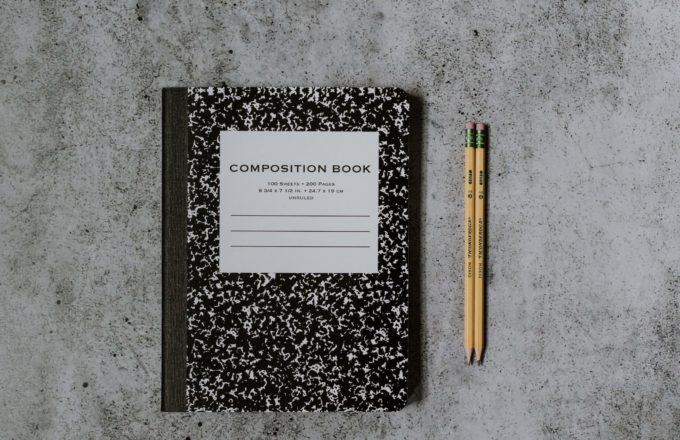Defining Study Skills
Are study skills simply skills that students need to effectively study? Well, there’s more to it than that. While implementing effective study skills can help students prepare for a test or quiz, the term “study skills” encompasses a broader set of skills that allow students to learn and achieve their goals.
Landmark defines “study skills” as the management of materials, time, and information/language.
Study skills include the ability to successfully manage time. When students have excellent time management skills, they can arrive at school and classes on time. They have an awareness of how long assignments will take them and know the appropriate amount of time to dedicate to them. Also, students with good time management skills have an abstract awareness of time and how it passes. However, many students struggle with time awareness and management. As with all language-based instruction, teachers should work to weave time management skills into their daily classroom routines by emphasizing the importance of the following skills:
- Breaking down homework time
- Estimating how long assignments will take
- Prioritizing the assignments with which to start
- Avoiding procrastination
- Sticking with the plan
- Completing long-term assignments in smaller steps, rather than in one sitting
- Meeting due dates
- Making time visible with the use of calendars, clocks, and timers
Managing materials is also a crucial part of study skills. Students with the ability to effectively manage their materials can easily locate and organize information: both paper handouts and paper files, as well as digital documents and folders. They bring all necessary materials back and forth to school. However, similar to time awareness and management, many students benefit from support as they learn how to manage their physical and digital materials. The following are examples of strategies that educators may suggest to help students develop materials management skills:
- Keeping track of homework by recording it in an assignment notebook
- Maintaining an organized binder so assignments can be quickly located
- Encouraging students to remove unnecessary materials from binders
- Ensuring students bring materials to class each day
- Prompting students to gather resources before midterms or finals
- Modeling an organized workspace where students can focus
- Organizing digital files and emails
Finally, the ability to manage the vast amount of information and language aimed at students throughout a typical school day is a cornerstone of effective study skills. When students can process and then organize information and language, they are typically able to effectively take and organize notes on a topic. They can engage their internal thinking about a topic and use it to guide their margin notes and highlighting. To achieve this level of proficiency, many students benefit from explicit instruction. Teachers can support students’ development of information management skills by teaching them how to:
- Take active reading notes using strategies such as highlighting, margin notes, and two-column notes
- Summarize information
- Research information
- Apply a process approach to writing assignments
- Take lecture notes during an oral presentation
- Prioritize content to study
- Incorporate active study strategies to prepare for tests and quizzes



